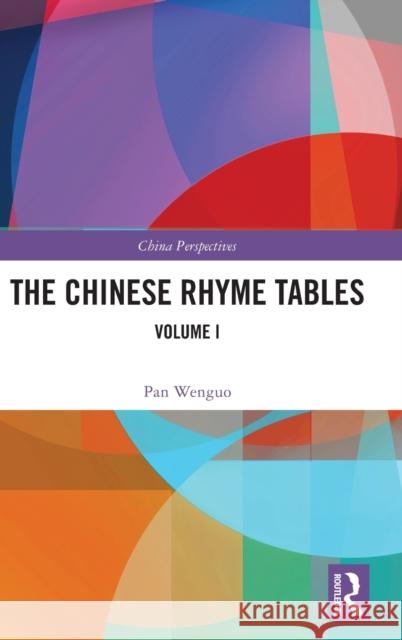The Chinese Rhyme Tables: Volume I » książka
The Chinese Rhyme Tables: Volume I
ISBN-13: 9781032453880 / Angielski / Twarda / 2023 / 240 str.
As the first volume of a two-volume set that studies Chinese rhyme tables, this book focuses on their emergence, development, structure, and patterns.
As the first volume of a two- volume set that studies Chinese rhyme tables, this book focuses on their emergence, development, structure, and patterns. Rhyme tables are a tabulated tool constituted by phonological properties, which help indicate the pronunciation of sinograms or Chinese characters, marking a precise and systematic account of the Chinese phonological system. This volume first discusses the emergence of the model and factors that determined its formation and evolution, including the Chinese tradition of the rhyme dictionary and the introduction of Buddhist scripts. The second part analyzes the structure and arrangement patterns of rhyme tables in detail, giving insights into the nature of “division” (deng): the classification and differentiation of speech sounds, of vital significance in the reconstruction of middle Chinese. The author argues that deng has nothing to do with vowel aperture or other phonetic features but is a natural result of rhyme table arrangement. He also reexamines the principles for irregular cases (menfa rules) and categorizes the 20 rules into three types.
The book will appeal to scholars and students who are studying linguistics, Chinese phonology, and Sinology.











